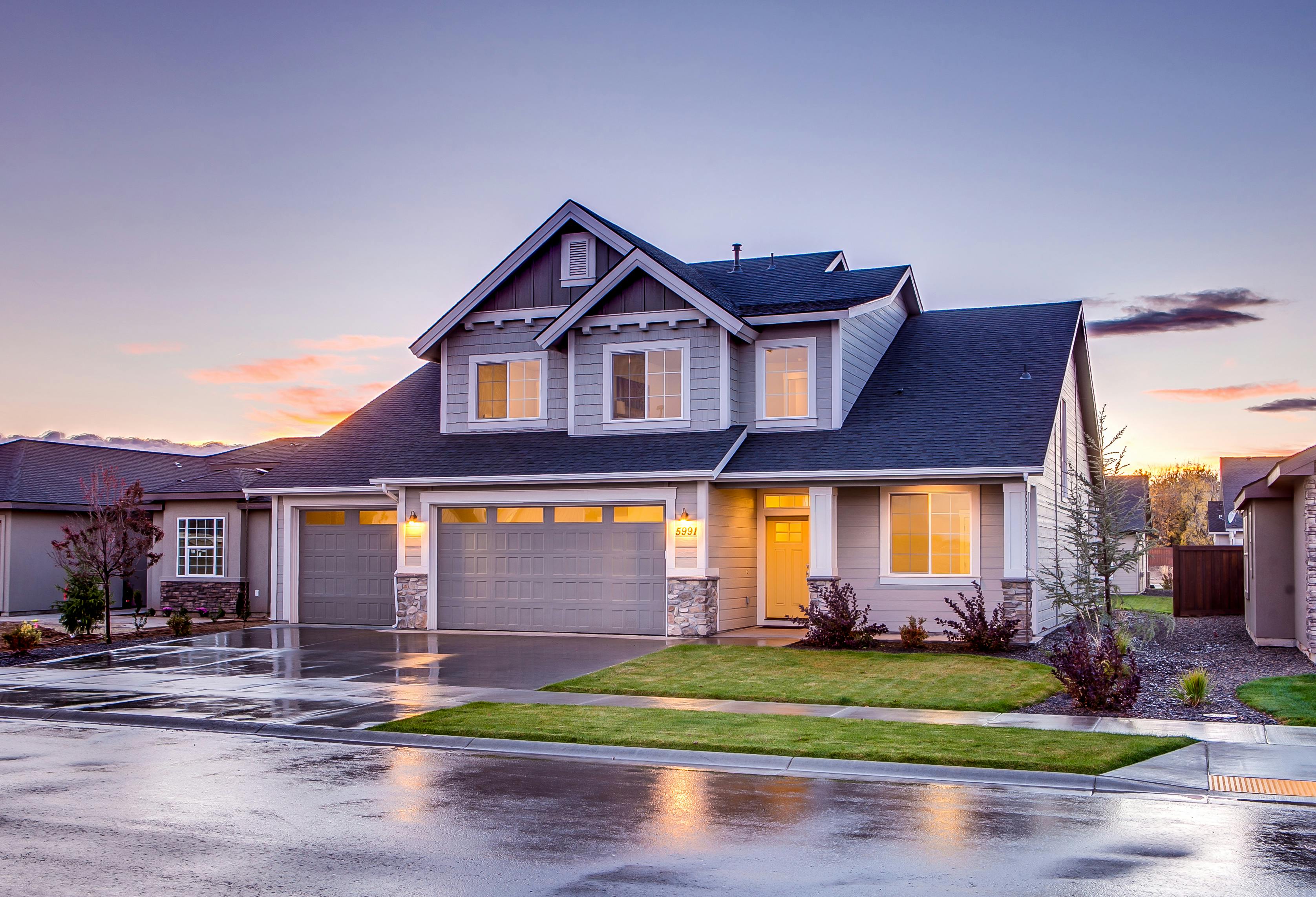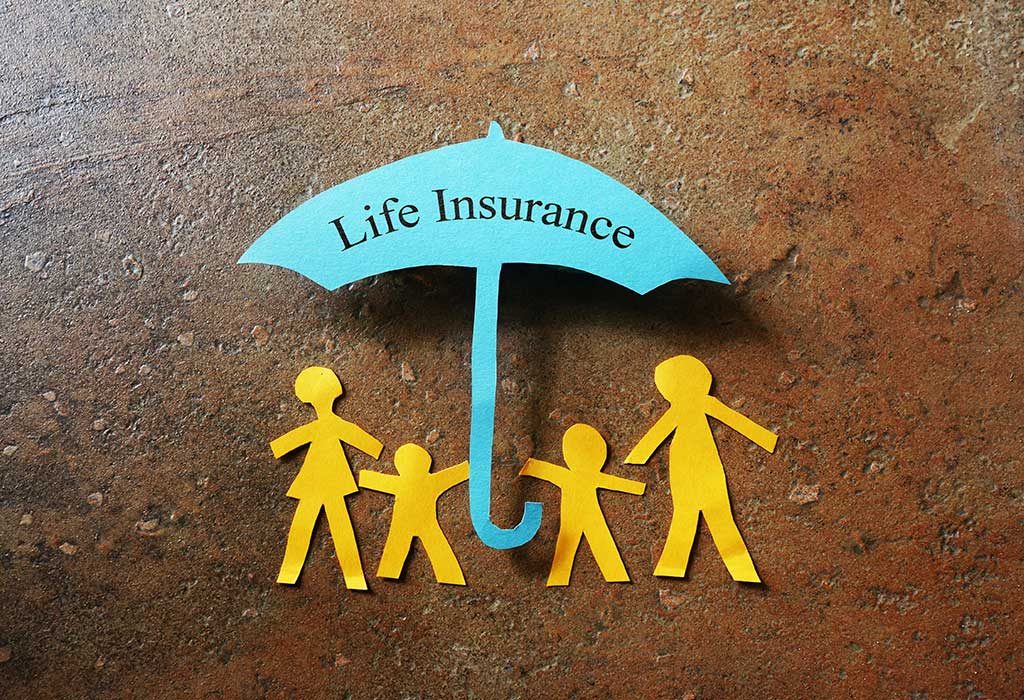
Home insurance


Home insurance (also known as homeowner’s insurance) is a type of property insurance that provides financial protection against damage to or loss of a person’s home and belongings. It also covers liability for accidents that may occur within the home or on the property.
Home insurance is not typically required by law for homeowners. However, if you have a mortgage, your lender will likely require you to have home insurance to protect their investment in case of damage.
The amount of coverage you need depends on the value of your home, its contents, and your personal circumstances. It’s essential to assess the cost to rebuild your home, not just its market value. Most experts recommend having enough coverage to rebuild your home and replace personal property in case of a total loss.
A deductible is the amount you must pay out of pocket before your insurance policy kicks in to cover a claim. For example, if your deductible is $500 and you file a claim for $2,000 in damage, you will need to pay the first $500, and the insurer will pay the remaining $1,500.